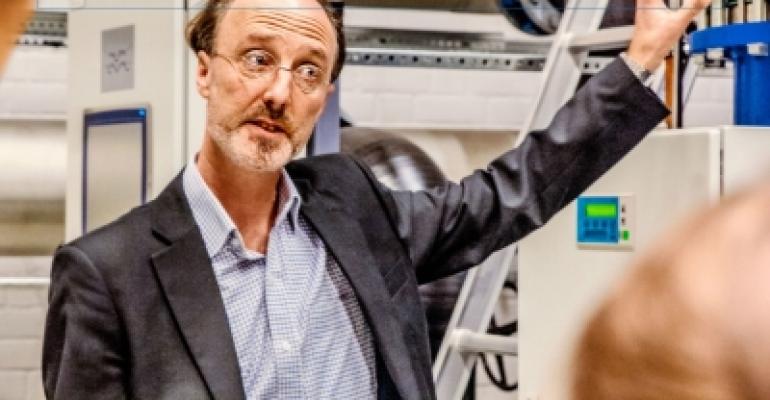Alfa Laval now offers PureBallast 3 crew training courses at dedicated centres in Houston, Manila and Mumbai. These strategically located sites complement Alfa Laval’s state-of-the-art facility in Stockholm, forming a network of training locations to serve customers worldwide.
“Training is integral to success in ballast water treatment,” says Anders Lindmark, Head of Alfa Laval PureBallast. “Marine authorities have made clear that a lack of crew knowledge is not a valid reason for non-compliance. So Alfa Laval is making convenient courses available where our customers do business.”
No matter which site they choose, customers can expect well-equipped facilities that are modern and purpose-designed. Likewise, they will encounter knowledgeable and experienced instructors, ready to share insights and best practices developed over years of hands-on work with ballast water treatment.
The right training mix
Lindmark points out that training is more than a matter of system knowledge. “PureBallast 3 is designed for ease of use, which means crews can quickly learn its operation and maintenance,” he says. “However, ballast water treatment is still a relatively new application. For crew members to get it right, they need to understand not only how, but also why and when the ballast water treatment system should be used.”
Likewise, Lindmark notes that a range of training forms is needed. “Individual crew members have different ways in which they learn best, and there are different advantages to each training situation,” he says. “Just as our open courses provide a balance between instruction and hands-on work, customers should consider using a mix of different training options within their fleet.”
Going beyond the classroom
In Alfa Laval’s training offering for PureBallast 3, customers will find a range of training types. These including training on board, for example at the time of commissioning. Onboard training has the advantage of letting crews work with their own system setup, including the specific ballast pumps and vessel control system in use.
Of course, crews frequently rotate, which means ship owners and operators can have difficulty training everyone on board – or keeping crew knowledge fresh and up to date. To provide ongoing support, Alfa Laval also offers digital training in the form of PureBallast 3 Computer-Based Training (CBT). “PureBallast 3 CBT is a complement to face-to-face training that customers use in different ways,” says Lindmark. “For crew members who have yet to be trained, it can lay valuable groundwork for understanding. And for customers already familiar with PureBallast 3 operation, it can serve as a reference to keep their knowledge sharp.”
“By providing numerous PureBallast 3 training options – at training centres, on board and on screen – we make it possible for customers to find the mix that best supports their own operations and compliance,” Lindmark concludes.
To learn more about Alfa Laval PureBallast 3 training options, visit www.alfalaval.com/service-and-support/service-overview/support-services/training/marine-training/training-for-pureballast/
Copyright © 2024. All rights reserved. Seatrade, a trading name of Informa Markets (UK) Limited. Add Seatrade Cruise News to your Google News feed.


